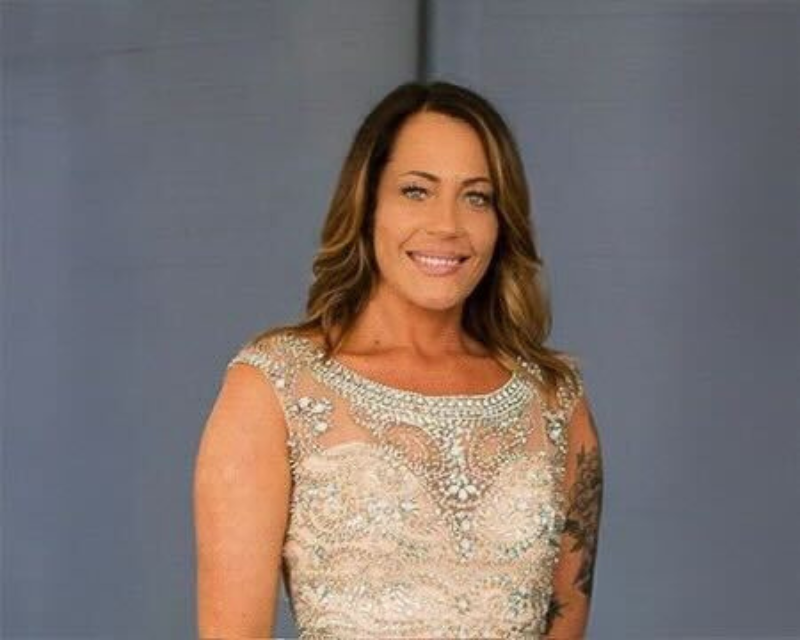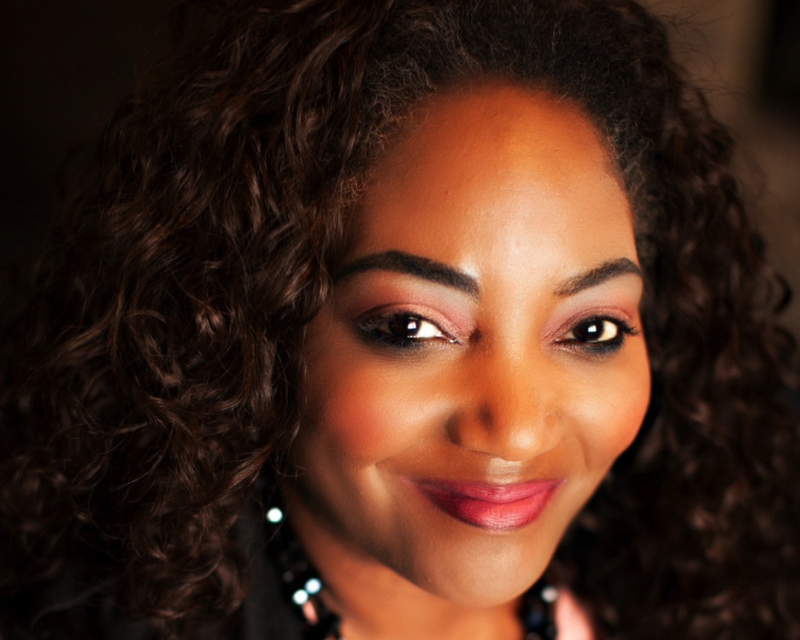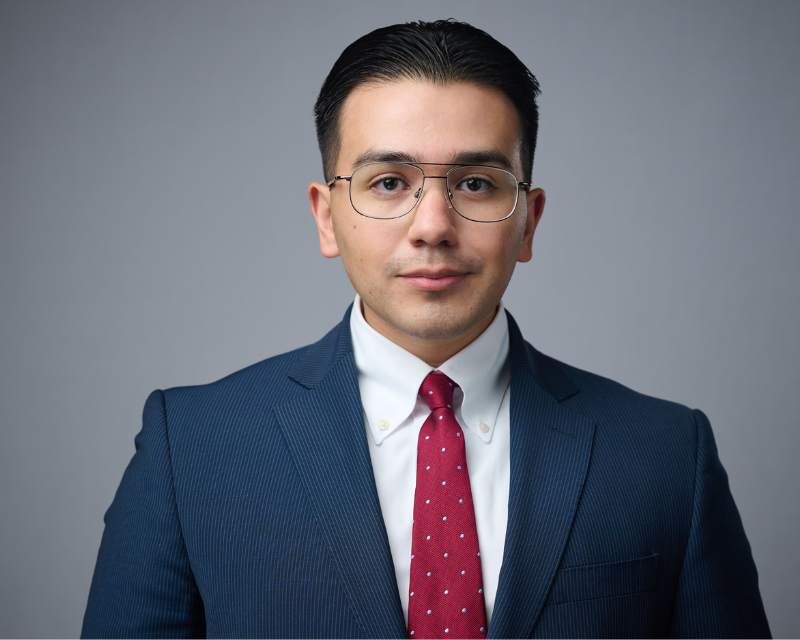
Transgender people exist within the perfect storm of vulnerabilities that human traffickers use to exploit them. For example, trans people often lack familial support, are harassed for simply being who they are or supporting others like them, and experience rejection from services and opportunities – like housing and medical care. Traffickers take advantage of these needs and vulnerabilities and exploit them to maintain control over their victims. Research has even found that LGBTQ+ youth are significantly more likely to be sex trafficked than their straight counterparts.
My name is Ms. Mercy Gray (she/her) of the Bulaceño and Kapampangan peoples from the Philippine Islands. I am a survivor of much violence: colonization, domestic violence, assault, kidnapping, sexual assault, gang-based violence, human trafficking, and as an indigenous transgender woman living in America. This is my story.
As a child, I was groomed with narcotics and trafficked for sex at the age of 14 out of the states of Washington, Oregon, and Nevada. I first experienced houselessness at the age of 15 and survived in the commercial sex trade for ten years after that.
I first met my trafficker as a young scrawny gay boy from a military family living in a military town. I come from a conservative Texan Catholic background and met my trafficker while in the closet. Whether I wanted to be or not, I was, and remain 2SLGBTQIA+ (Two-Spirit, Lesbian, Gay, Bisexual, Transgender, Queer/ Questioning, Intersex, Asexual). The lack of awareness and discussion about these communities played a role in making me more vulnerable to trafficking and led me to look for answers from exploitative adults on the internet when I was only 10 years old. Having been molested earlier in my life and becoming sexually active at that age, I had lots of questions that many grown men had answers to. In searching for answers about my experience and identity, I met and was groomed by my 32-year-old trafficker.
Later on in my life, after nearly two decades of finding myself in the aftermath of being trafficked and finding all my own resources to heal from it, I began medically transitioning my gender. Despite 10 years of experience in social work and a bachelor’s degree, I found myself facing the same employment issues many other transgender people face: discrimination with a sudden new inability for gainful employment. I quickly went from working a permanent, full-time government job in law enforcement, making $37.00/hr, to needing to sell sex to survive and using the substances I was groomed to use as a child. I quickly found myself feeling 14 again. Scared, in the back of some strange man’s car, it didn’t matter how loud I could scream – no help would come for me.
Sign up to learn more about human trafficking and how you can help
Quicker yet, I found myself without access to the gender-affirming care medications, providers, and surgeries I needed and had already established. I met an older woman who said she would help me and provide me with the hormones I needed. Out of necessity, I found myself sleeping on her floor – next to a stripper pole and massage table. But these street hormones made me incredibly ill, causing a serious infection that left permanent damage and scarring on my body.
I began to need this woman to survive. I experienced a refusal of medical care and prescription access and was treated disrespectfully and poorly by medical professionals – an experience common to many transgender and gender non-conforming people. As a result of my dysphoria, recent trauma from my boyfriend at the time, and a lifetime of abuse, I resorted again to the narcotics I had been groomed to consume as a child for the purposes of sexual acts for items of value. This woman quickly had a solution for this too, providing me with men to sleep with, narcotics to do so, and fake promises of job and other opportunities.
This is what it looks like to become a statistic. Despite my education, career, and the tremendous work I had put in to overcome my childhood trauma, the discrimination I experienced pursuing my gender identity caused me to fall into a bad way.
This is the story of so many transgender survivors across America – total systems failure. We face stark discrimination on all fronts. One U.S. Transgender Survey found that 50% of transgender women had traded sex for income. Despite this, transgender survivors are often excluded from programs that exist to help human trafficking survivors. In my experience, many housing programs, medical services, and first-response resources either do not accept transgender people or are not culturally responsive and trauma-informed to any 2SLGBTQIA+ person.
Facing discrimination on multiple fronts, 2SLGBTQIA+ people are both vulnerable to trafficking and face barriers when seeking assistance of any kind. Support systems and inclusive policies are needed to reduce this community’s vulnerability to traffickers and increase our access to services after exiting our trafficking situations. Without basic needs being met, 2SLGBTQIA+ people face a greater risk of returning to trafficking situations.
Stop human trafficking today
Help fix the broken systems that make trafficking possible so we can prevent it from happening in the first place.



